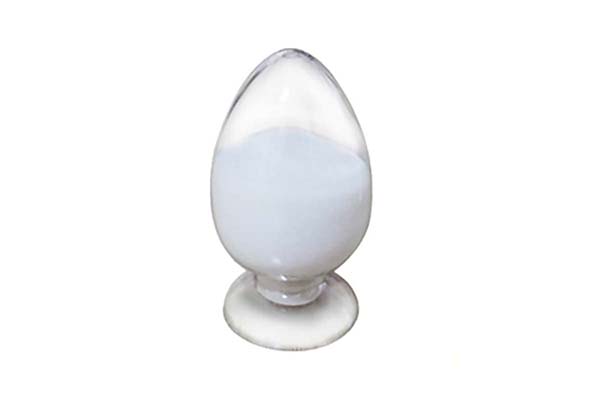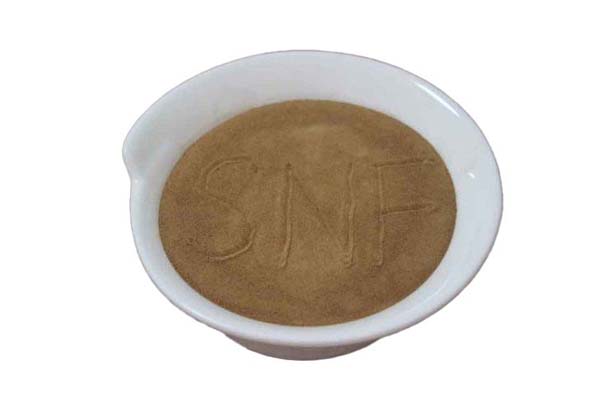September 2025 · Industry Insights
Global Demand for Ammonium Lignosulfonate Rises as Green Chemical Materials Emerge as Industry Hotspot
In recent years, with increasing global focus on green building materials and sustainable agriculture, ammonium lignosulfonate (ALS) has gradually become a hot product in the chemical industry. As a lignin derivative, ALS combines environmental friendliness, functionality, and cost-effectiveness, with its market applications continuously expanding.
Building Materials Industry: Green Admixture Demand Drives Growth
In the concrete admixture sector, ALS has garnered significant attention from the construction industry due to its excellent dispersibility and cost advantages. Its application not only improves concrete workability and flowability but also meets the requirements for eco-friendly admixtures in green building practices. With the growing adoption of low-carbon construction concepts, market demand for ALS is showing a steady upward trend.
Agricultural Sector: Supporting Sustainable Development
In agricultural applications, ALS serves as a soil conditioner and fertilizer adjuvant, effectively improving soil structure and enhancing nutrient utilization efficiency. Simultaneously, its use as an animal feed additive is expanding, providing green solutions for the livestock industry. This trend aligns closely with global strategies promoting sustainable agriculture.
Emerging Markets: Expanding Application Scenarios
Beyond traditional construction materials and agriculture, ALS is gaining prominence in industries such as ceramics, mineral flotation, leather processing, and dust control. Analysts indicate that with technological innovation and growing downstream demand, ALS is poised to enter more emerging application scenarios in the coming years.
Market Outlook: Sustained Growth
Multiple market research institutions forecast that over the next five years, the annual growth rate for lignosulfonate products will remain between 4% and 6%. Among these, ammonium lignosulfonate, as a key subcategory, is projected to grow faster than the overall market. Industry experts believe ALS's development potential stems not only from its environmental advantages but also from its strategic value within the global context of carbon neutrality goals and the green economy.
Summary: Lignosulfonic acid ammonium salt is evolving from a traditional auxiliary chemical material into a vital component of the green industrial chain, warranting sustained industry attention for its market prospects.





